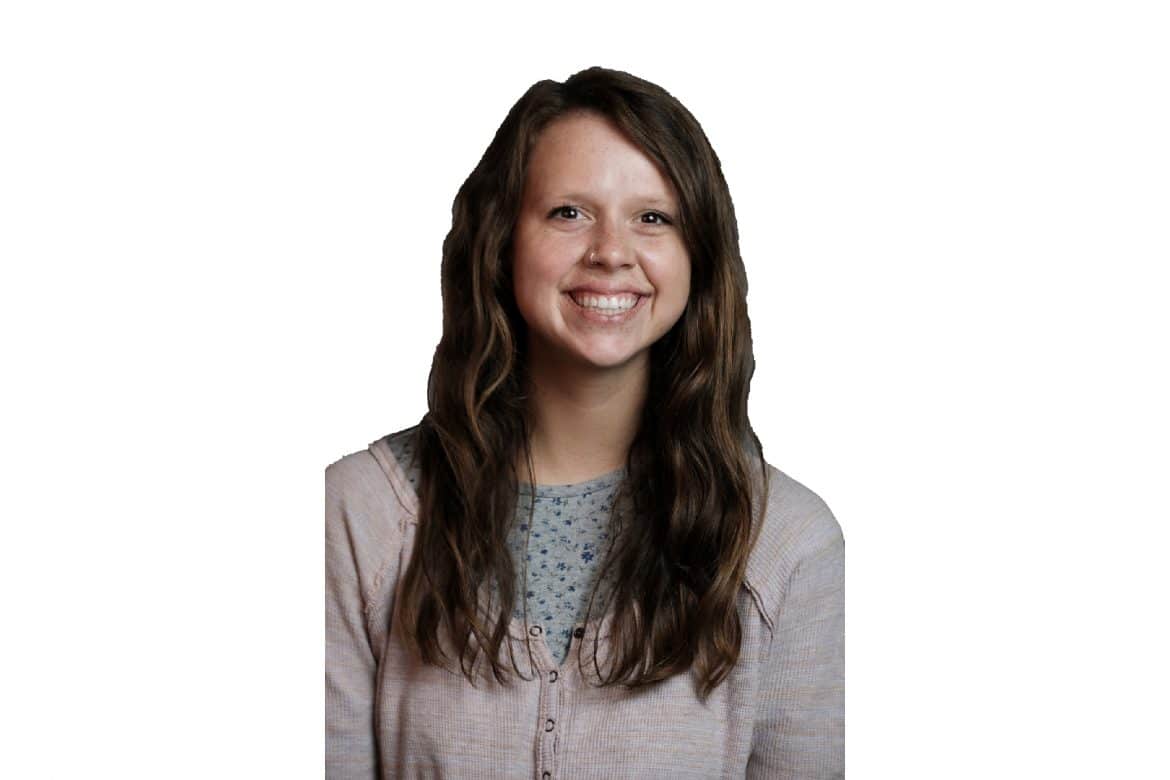The school year is winding down. There are two weeks that stand between myself and graduation — between my present life and the daunting unknowns of life after graduation. As I attempt to sort out my plans for the fall, there is a large part of me that is under the impression that I must immediately do something radical with my life now that I am no longer a college student. The excuses no longer exist: I need to start changing the world, and I needed to start this movement yesterday. But how does one begin to change this world, the world that has survived many years of life without my presence? If I do not immediately have something to show for my time here at Harding, whether that is a grad school acceptance letter, a diamond on my finger or a prestigious job offer in a new part of the country, then it feels like I am not on track to begin transforming the world. Perhaps I am alone in this feeling, but it weighs on me daily and is slowly detracting from my present moments.
I believe God sees me and that he sees you; I believe that the Spirit in a loved one has the capacity to understand and speak to the Spirit that dwells in me. This belief is fortified in me when a present worry or question that I have is answered by the wisdom of a friend. One of my lifelong friends, Mac Conn, has always expressed the sentiment that “love proves itself in abiding.” I do not think I grasped the magnitude of this concept until I heard a full sermon Mac recently gave titled “Love Abides and Stewardship Sanctifies.”
He began by asking his audience what they would do if they knew the world would end in one week. Would the mundane tasks we daily engage in fall to the wayside as we frantically scurry to “live well”? He primarily focused on 1 Thessalonians 4:9-12, where Paul invites the church to “lead a quiet life,” where they love one another well and work with their hands. Mac challenged those listening to re-examine the seemingly mundane encounters we have. How would our lives change, how would the world change, if we allowed our daily duties to teach us discipleship and help us love our neighbor better?
If my dream is to play a valuable part in the betterment of this world, I must begin by loving my neighbor well; I must shift my perspective and see the things I “have to do” as opportunities and gifts; I must, as Mac said, intentionally take care of what I have been given. Engaging in these practices will prepare me to take my place in the transforming of the world that Christ has called all of us to. If I fail to show my love by abiding with those around me and inviting God into mundane spaces, then why should I expect to be trusted with more? You may feel like your daily responsibilities are hindering you from doing something that is meaningful and worthy of celebration. I want to extend Mac’s challenge to you: Perhaps the small things you have been entrusted with now are preparing you for future moments of discipleship.
